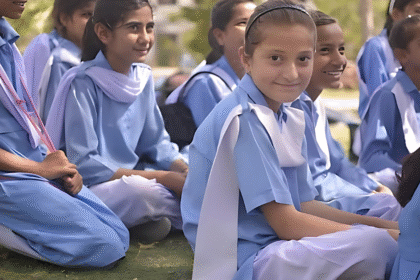Peshawar( The COW News Digital)In a significant political development ahead of the upcoming Senate elections in Khyber Pakhtunkhwa, Pakistan Tehreek-e-Insaf (PTI) and the opposition alliance have reached a consensus to hold unopposed elections for the province’s 11 Senate seats.
Sources confirmed that during an extended round of negotiations in Peshawar, both sides agreed on a 6/5 seat-sharing formula, under which PTI will secure 6 seats and the opposition alliance will be allotted 5.
The final round of talks between government and opposition representatives is expected to take place later today, during which the agreement will likely be formally signed.
Chief Minister Ali Amin Gandapur has been assigned the task of ensuring that unnecessary PTI candidates withdraw from the race, helping to avoid internal friction and pave the way for smooth implementation of the agreement.
Government officials said that the unopposed election strategy aims to reduce political tension, avoid conflict within party ranks, and prevent the risk of losing seats due to vote splitting or surprise upsets.
The opposition alliance is said to be fully on board with this arrangement and is presenting a unified stance in the negotiations.
According to the election schedule, voting is set to be held on July 21 for 11 Senate seats from Khyber Pakhtunkhwa, which include 7 general seats, 2 for women, and 2 technocrat seats.
Political analysts view this agreement as a pragmatic move from both camps, particularly amid rising national political tensions. By opting for unopposed contests, both PTI and opposition groups aim to strengthen institutional cooperation and reduce electoral volatility in the province.
The 6/5 formula is being seen as a compromise that reflects the relative strength of the parties in the KP Assembly, while also providing a way to avoid another round of confrontational politics.
If the final agreement is signed as expected, it would mark one of the few instances of bipartisan cooperation in recent months, potentially setting a precedent for similar understandings in future electoral processes.







